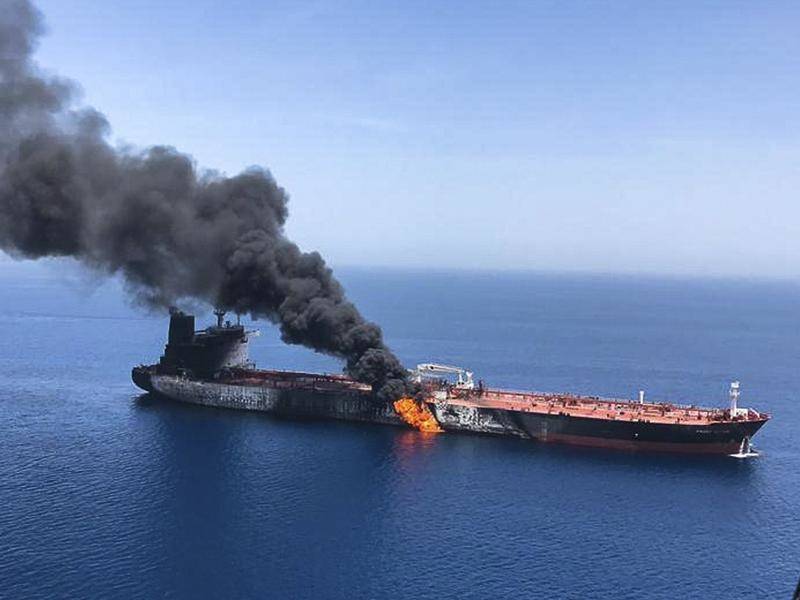President Donald Trump warned Iranian President Hassan Rouhani last July in an all-caps tweet that if Iran ever threatened the United States again, it would “suffer severe consequences the likes of which few throughout history have ever suffered before”. Iran’s attack on Thursday on a US surveillance drone that was flying in international airspace, according to US Central Command, should make it abundantly clear that the Iranians didn’t take him seriously.
Iran’s shoot-down of the RQ-4 Global Hawk – which has a wingspan of 40 metres and costs more than $150 million – is the third act of aggression against US military aircraft in two weeks, according to the Pentagon. It followed the downing of another US surveillance drone by Iranian-backed Houthi rebels on June 6 in Yemen and a failed attack by Iran’s military on a US drone flying over the Gulf of Oman on June 13.
These direct attacks on US military aircraft have been accompanied by rocket attacks on an ExxonMobil installation in southern Iraq, rocket and mortar attacks on US military bases in Iraq, missile strikes into Saudi Arabia and mine warfare attacks on oil tankers passing through the Strait of Hormuz. All are suspected to be the work of Iran or Iranian-backed militants.
For deterrence to work, a would-be adversary must believe that his attack plans will fail, or that he will incur unacceptable punishment after an attack. And yet, thus far, these attacks have gone unanswered by the Trump administration.

